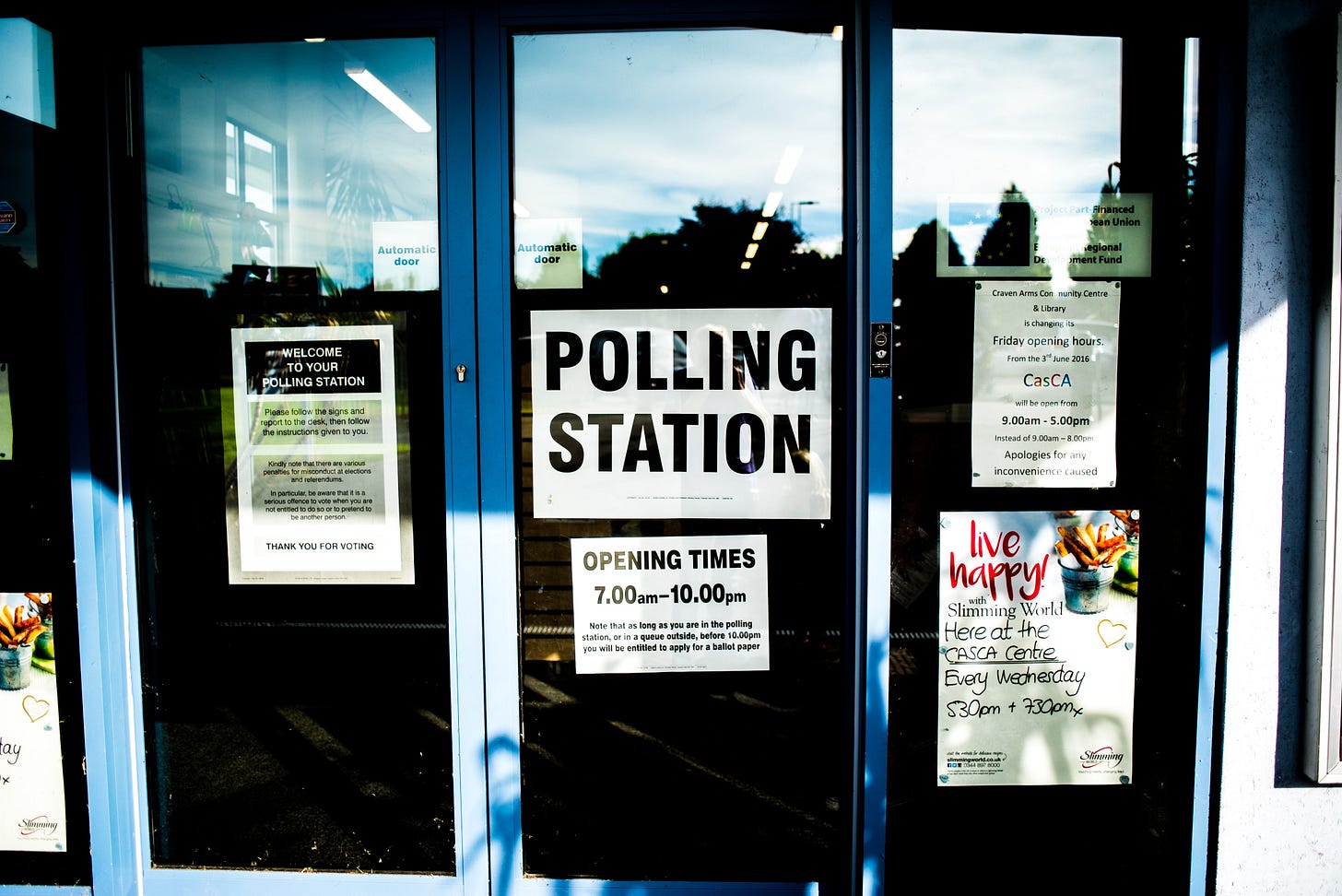Yes, municipal elections matter. But not in the way we think.
On 3 August South Africans go to the polls to cast a vote in the country’s municipal elections. It is a monumental election in many ways: two young men with vastly different visions of a future South Africa stand against a much older incumbent whose party has had little competition since the dawn of democratic rule.
Although this year’s elections are “just” municipal elections, the outcome is likely to have a profound effect on economic policymaking.
A strong showing by the EFF, it is said, will force the ruling party to shift its own policy agenda to the left, even if it comes at the cost of economic growth and long-term poverty alleviation. A strong showing by the DA might force the ANC to focus, instead, on delivering on the promises of the investment- and growth-friendly National Development Plan.
But few will vote with the intention of affecting macroeconomic policies. The hope, instead, will be for better service delivery. Some of South Africa’s main metros – Johannesburg, Ekurhuleni, Tshwane, Nelson Mandela Bay – will be a closely fought contest, and may necessitate coalitions.
The same is true for many smaller towns across the country. How this more equal distribution of political power will impact service delivery is a pertinent question not only for voters, but for social scientists too.
This is because it is not entirely clear whether more competition between political parties is necessarily related to better performance outcomes. The standard theory posits that the more competitive the political process is, the better public goods provision (i.e. service delivery) will be.
The logic here is simple: an inefficient incumbent will be replaced by unhappy voters with a more efficient competitor. An alternative theory puts the emphasis, instead, on electoral participation: the more citizens that vote (regardless of whom they vote for), the better public goods provision will be. Here it is not so much competition that matters, but the fact that citizens participate in the political process.
A new generation of political scientists, equipped with statistical tools and large datasets, is now beginning to measure and analyse the intricate relationship between voting behaviour and social outcomes in the South African context.
In a forthcoming Journal of Politics publication, three academics from the London School of Economics and Political Science show, for example, how municipalities with a greater ANC share in the country’s first democratic elections received more investment from Eskom, expanding electrification at more rapid rates. In municipalities that did not use Eskom power, though, National Party and ANC municipalities were no different in boosting electrification.
Similarly, Carol Mershon of the University of Virginia used South African election results to assess its impact on health outcomes. Using two datasets, her results are inconclusive: in one dataset, more political competition at the municipal level leads to better health outcomes (like lower rates of mortality), but in the other dataset, the result runs in the opposite direction. The takeaway is that there is no definitive evidence that more political competition results in better outcomes.
How we vote does not only influence service delivery; service delivery may also influence how we vote. MIT scholars Dan de Kadt and Evan Lieberman find, in a new working paper, a surprising negative relationship between service delivery and voting patterns: improvements in service delivery seem to decrease support for the dominant party.
Theory would predict that a party that delivers better public services would attract not only more support in the same municipality, but that voters in neighbouring municipalities would see these public services and demand them for themselves by voting out the inefficient incumbent.
This is not what happens in South Africa, De Kadt and Lieberman find: “The dominant party in power not only fails to get voting credit in the opposition-controlled localities, but even where it is unambiguously in control and responsible for government services, service access is associated with greater likelihood of an opposition vote.”
What can explain this perplexing behaviour? The authors suggest two reasons. First, citizens who receive services are more likely to change their preferences and expectations, demanding more from the incumbent party. Second, because these citizens come into closer contact with government, they may be able to perceive more corruption, pushing them away from the incumbent party.
Democracy is messy and complex. Political competition and coalitions may not deliver the better service delivery outcomes voters will expect, and providing public services, by raising peoples’ expectations, may not get politicians re-elected in the next elections. Voters and the politicians they elect better take note when the municipal elections come around on 3 August.
*An edited version of this first appeared in the 28 July edition of Finweek. Photo by Elliott Stallion on Unsplash.


